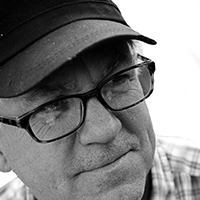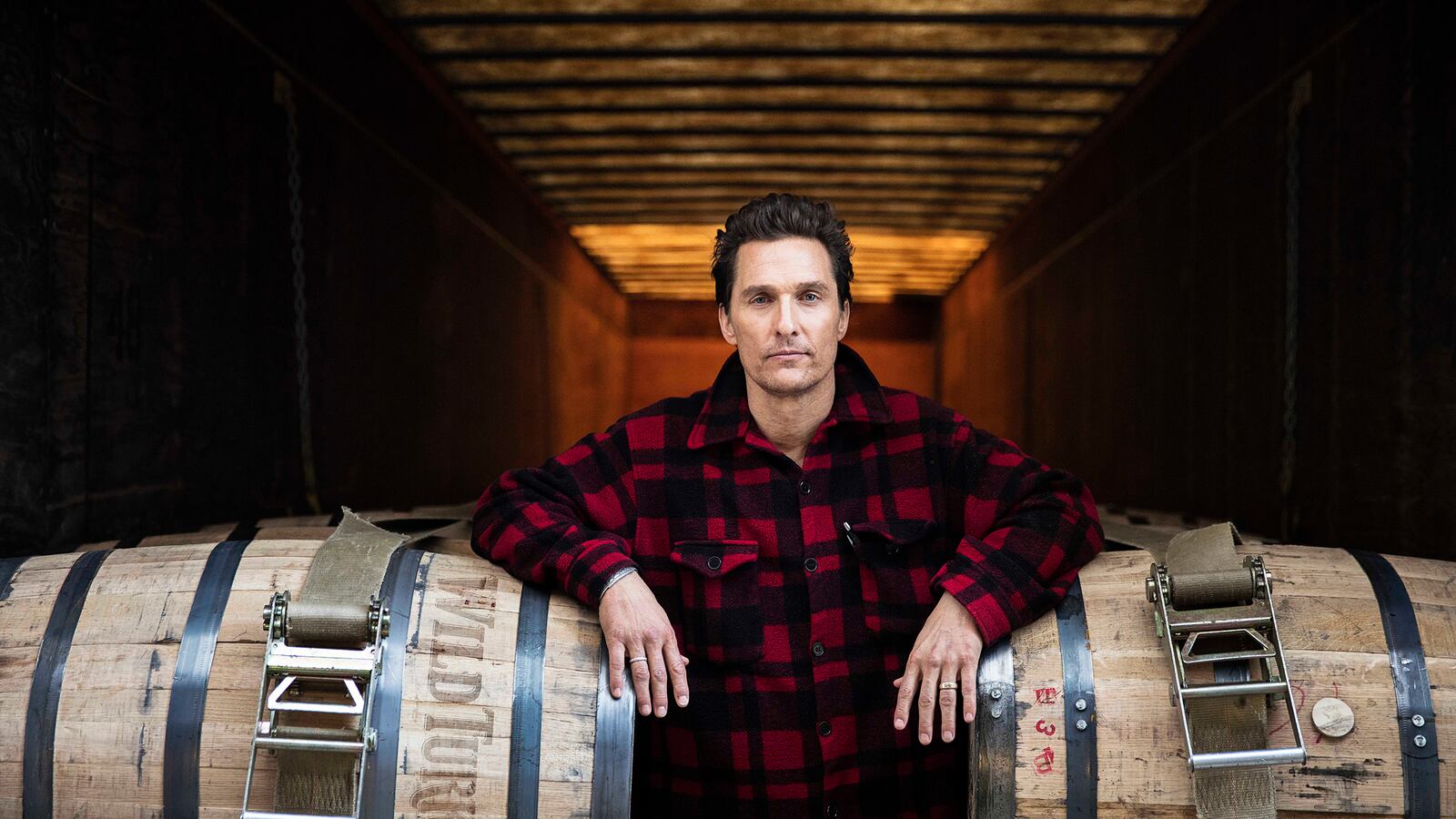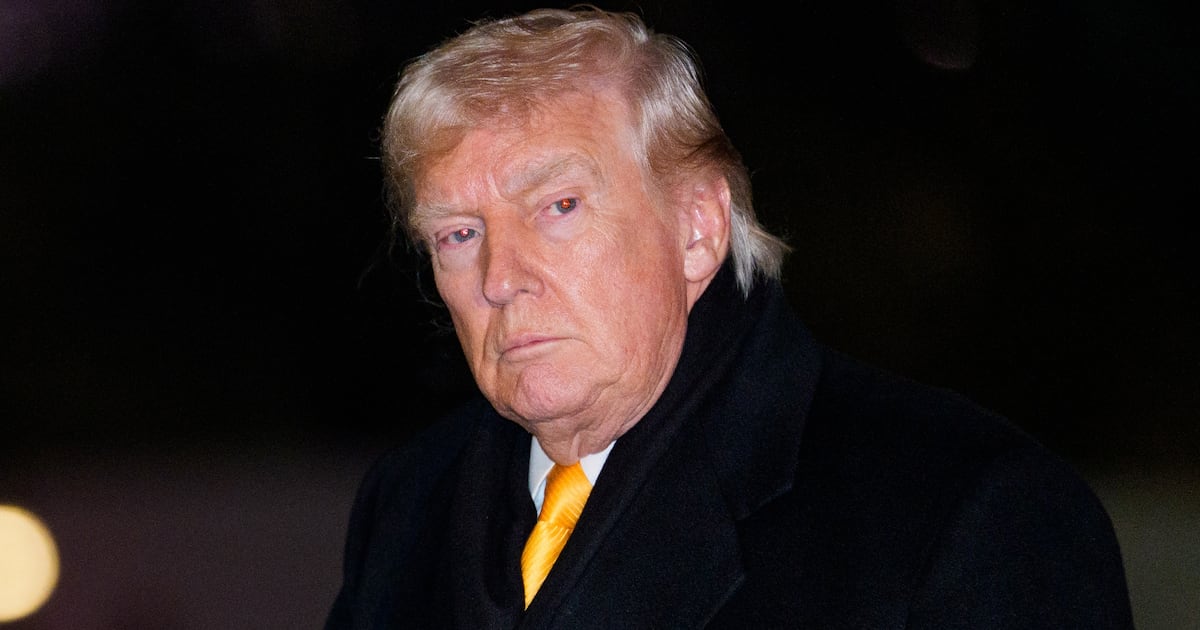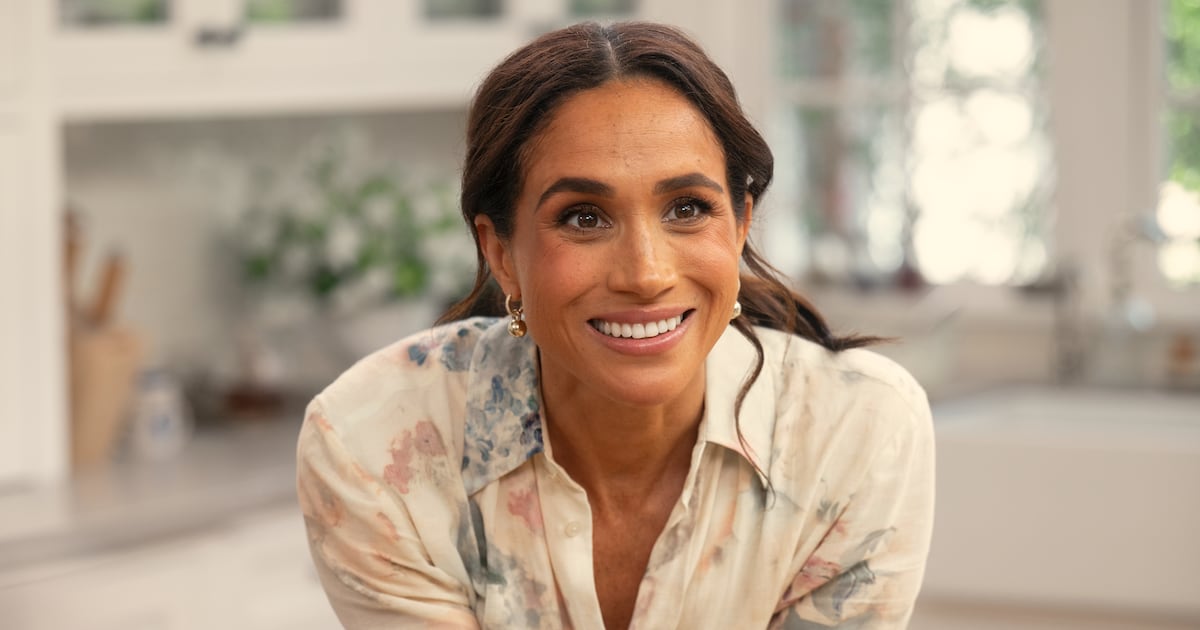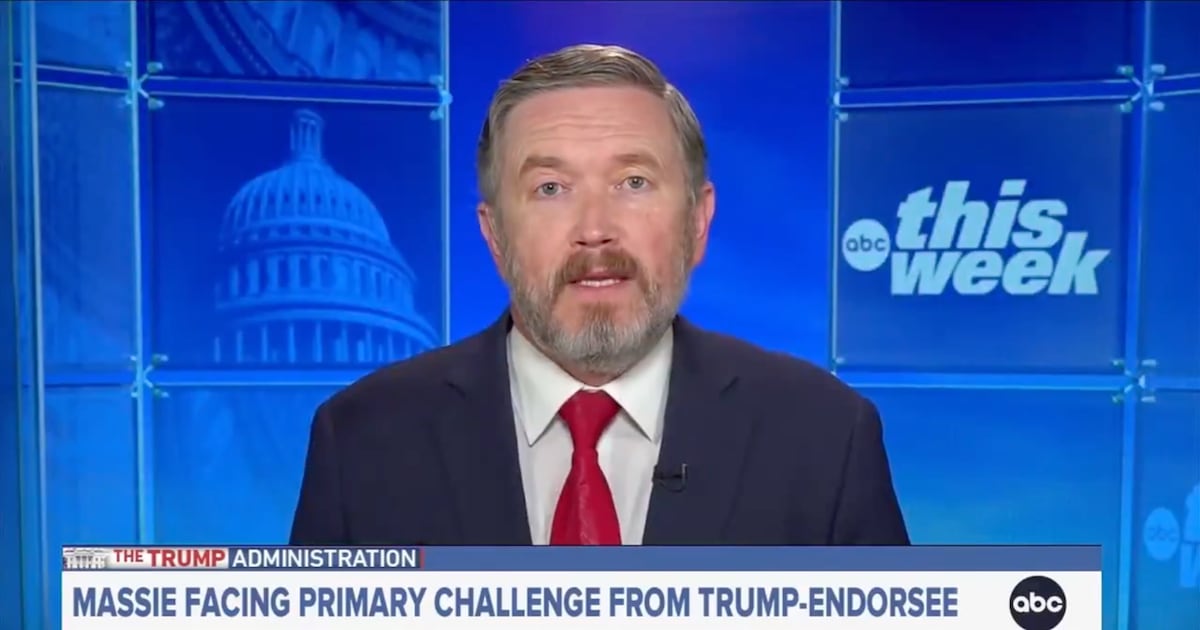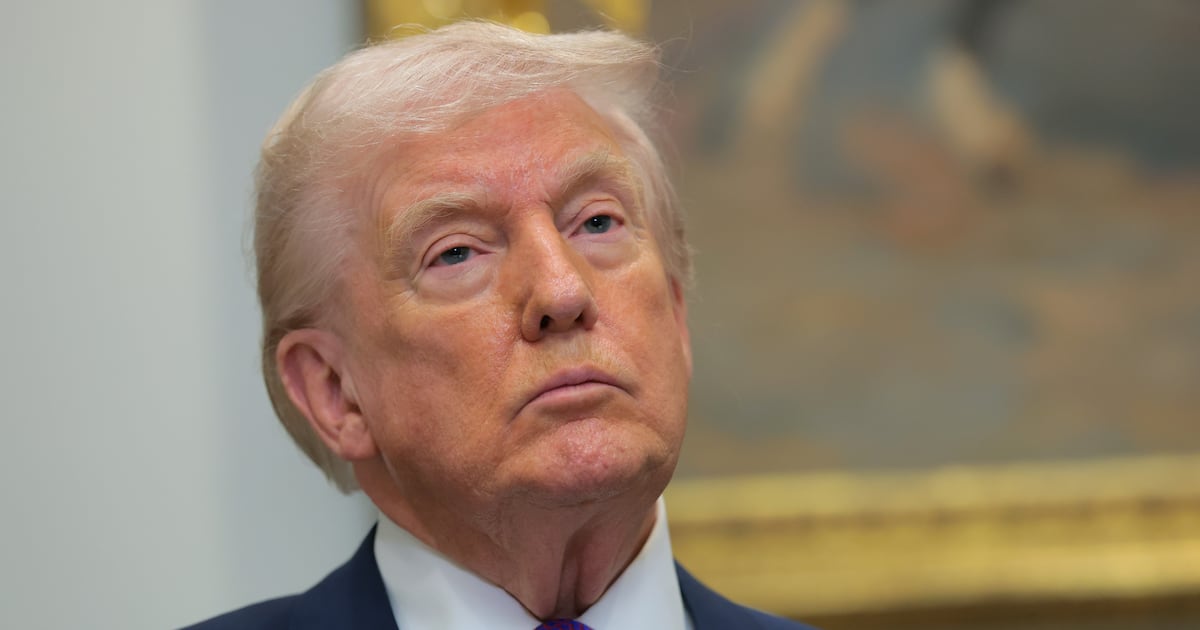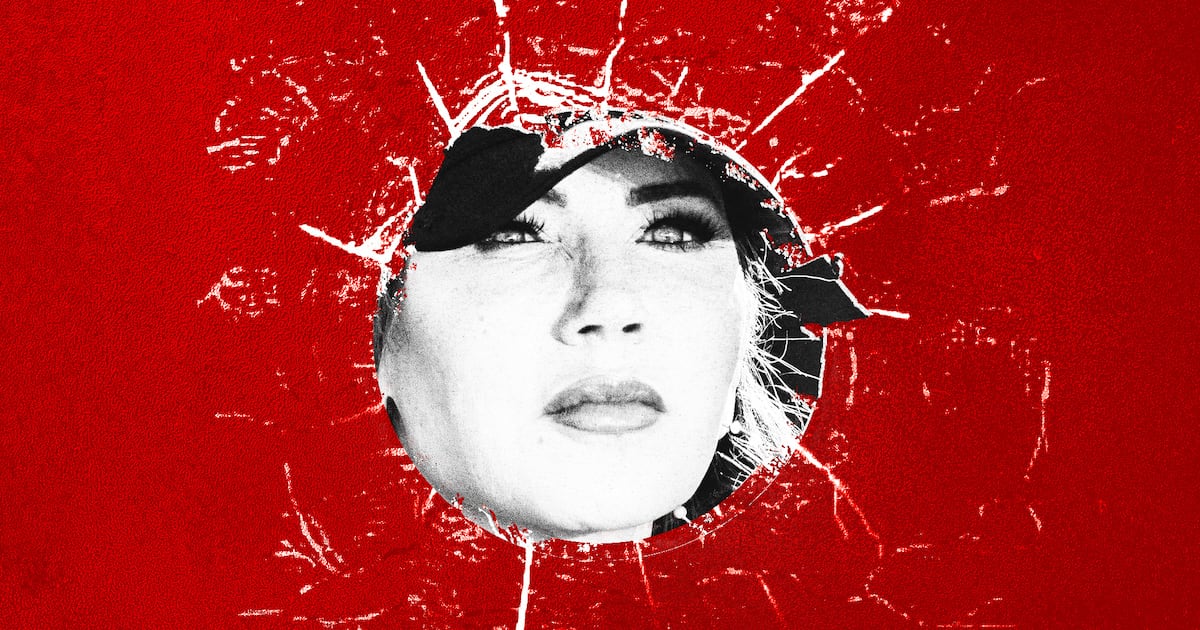Wild Turkey recently announced that it had hired a new creative director. Big news? Typically, no. But in this case, the company’s newest employee is actor Matthew McConaughey.
In his new role, McConaughey will appear on camera (naturally) in advertising spots and short documentary-style films and will also write, direct, contribute music, advise on print photo shoots and participate in new product development. His first TV commercial of three will begin airing this month; he may even get his own special whiskey bottling. The project has been in the works for almost three years, with the Academy Award–winning actor making a few clandestine trips to the Lawrenceburg, Kentucky, distillery. “I’ve always loved the art of the sell,” he recently told The Daily Beast. “I want to direct where the campaign goes and how we’re reintroducing this brand.”

The announcement about the partnership attracted an expected amount of ridicule. (From Twitter: “File this under LAME.”) Stephen Colbert aired a spoof, in which he announced he would “write, direct, key grip, [and] intern for” a fictional 190-proof grain alcohol called Savage Cock.
But liquor brands bringing in celebrities to jump-start sales is a hallowed tradition, one that involves more symbiosis than parasitism. Brands are happy to hitch themselves to someone with star power, especially when targeting a new demographic. In turn, celebrities are happy to be hitched to a product that evokes good times. (Evidently the cash isn’t bad either.)
Repeal had scarcely been enacted in the United States when actors started touting alcohol. Among them: a then-famous, now-little-remembered actor named James Barton. His star turn, in the hit 1934 Broadway play Tobacco Road, led Schenley—one of the top-selling liquor companies at the time—to recruit him to be the face of Cream of Kentucky Straight Bourbon. In Life magazine ads, Norman Rockwell’s portrait of a wry Barton glancing sideways offered this promise: “As a great entertainer you’ll score a hit, if next time you entertain, you give your guests the ‘double-rich’ Kentucky straight bourbon!” The word “entertainer” appeared twice more in the ad, a not very subtle suggestion that if you wanted to be the life of the party, serve Cream of Kentucky.
The approach must have worked. In 1950, Schenley hired Herbert Marshall—a British actor popular in Hollywood films of the 1930s and ’40s—to tout its “smooth, sociable” whiskey. (“It’s always an Enchanted Evening…when Herbert Marshall serves Schenley.”)
Throughout the 1950s, celebrities were increasingly in demand to endorse every sort of product—from box springs to mouthwash—as the advertising center of gravity moved from magazines though radio and on to television. Liquor was no exception (although it eschewed TV ads until 1996).
In 1958, Basil Rathbone appeared in a print ad for Booth’s House of Lords Gin, dressed as Sherlock Holmes, holding an oversize magnifying glass with a towering Martini glass in the foreground. “Basil Rathbone probes the Gentleman’s Martini,” says the header, then quotes the actor: “It is elementary that crime does not pay. This is true whether the crime is murder, robbery, arson, blackmail or making an inferior Martini.”
Traditional ads (cluttered, wordy, clumsy) faded as the 1960s ushered in the golden age of celebrity liquor endorsements. Advertising was now entering its Mad Men era, when the best and the brightest pioneered ways to make products (and the celebrities associated with them) stand out in print ads with copious white space and witty, lean copy.
Major liquor brands scrambled for stars. Smirnoff recruited well-established names like actor Groucho Marx, bandleader Benny Goodman and late-night television host Johnny Carson to hype its vodka in print ads. Carson, for instance, was pictured sitting in a chair covered with snow, a St. Bernard at his feet, a bottle of Smirnoff around its neck and a Fresca between its paws. (“Smirnoff comes to the rescue of hum-drum summer drinking….”)
Smirnoff also conscripted young actor/director Woody Allen to appeal to a more youthful clientele; one full page pictured him emerging from a conch shell on a beach amid an array of colorful vodka cocktails. The predictable tag line? “Come out of your shell… Try Smirnoff.”
Other celebrity-linked brands included George Dickel, which used country musician and former felon Merle Haggard as its spokesman (“Water’s for teardrops. Dickel’s for drinkin”) and Black Velvet, which relied on actor Telly Savalas (“Feel the Velvet, baby.”) and comedian George Burns to vouch for its Canadian whisky. (The Burns tagline: “After you feel Velvet, you won’t want to touch another Canadian.”)

The most aggressive of brands when it came to celebrities was Jim Beam, which, throughout the 1960s, enlisted stars in a series of ads that often played off the theme of “two one-of-a-kind originals.”
The ad men who recruited Beam spokespeople were on their game and built a deep bench: Ella Fitzgerald, Elliot Gould, Betty Davis, Sean Connery. It is an impressive list of notables that embodied cool during an era when being uncool was an unforgivable sin.
The period of the celebrity endorser faded as the more cynical 1970s and ’80s encroached. (Out with the square jaw, in with the sardonic looks.) By 2004, a disheveled Tracy Ullman was pitching Tanqueray Gin in a red bathrobe with a “what are you looking at?” face, a quintessential meta-anti-glamour. (It was a far cry from Zsa Zsa Gabor in diamonds saying, “Don’t darling me if it’s not Smirnoff.”) The message? Tanqueray may be British, but it’s not for the stuffy.
In the past decade, celebrities have tended to show up next to a bottle of liquor when said bottle is his or her own brand. Think: George Clooney and Casamigos, Sean Combs’s partnership with Diageo’s Ciroc Vodka, Danny DeVito and his limoncello and Ron Jeremy and his Ron de Jeremy Rum (“long, smooth finish”). Today’s celebrity takes ownership. A smile and a wink no longer do the trick.
Millennials “can smell fake,” McConaughey told The New York Times. “Some manicured, bearded hipster soliciting them? No, thanks.”
The McConaughey deal is an interesting hybrid—he takes some outward ownership of the brand and its image (although whether that involves actual shares in Wild Turkey’s parent company, Campari, is uncertain), but he is still essentially a gun for hire, a celebrity endorser more involved than in earlier times.
Will McConaughey reshape the future of liquor advertising or be remembered as the James Barton of the 2010s?
Don’t touch that dial.
